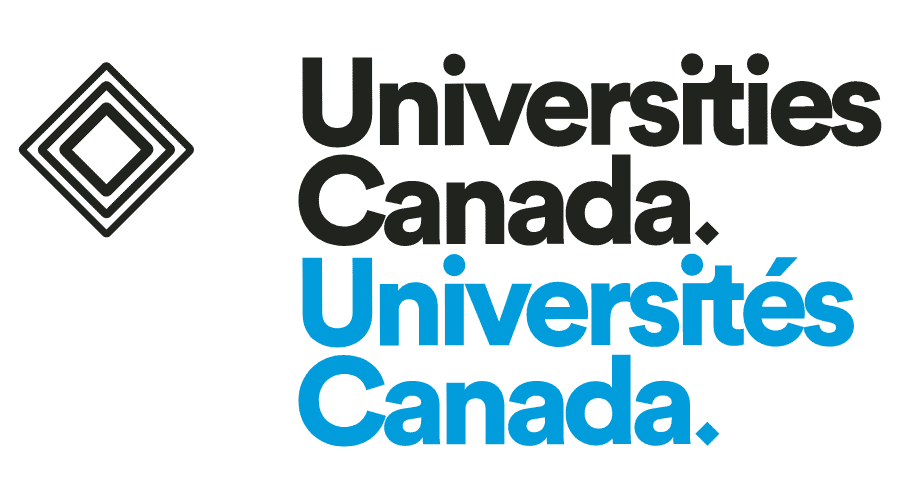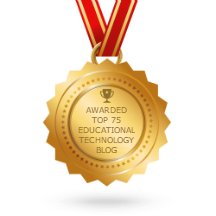A reminder that the Canadian Society for the Study of Education is having their annual congress this week (and you can see the K-12 distance, remote, online, and blended learning sessions here), so some folks might be interested in this conference update.
Le français suit
May 30, 2023 | Le 30 mai 2023
View this email on our website | Consultez ce couriel sur notre site internet
You are invited to join us at Congress tomorrow, May 31, for an unmissable special event: Re-imagining Black Futures, a keynote lecture by The Right Honourable Michaëlle Jean, 27th Governor General, Commander-in-Chief of Canada and moderated by Adelle Blackett, F.R.S.C., Ad. E. Join The Rt. Hon. Michaëlle Jean in a discussion on the importance of Black histories in the Americas, and how Black thought and ideas help us work towards a more progressive and inclusive society for all.
This lecture is made possible thanks to SAGE Publishing. The Big Thinking lecture series is made possible thanks to the generosity of the Social Sciences and Humanities Research Council (SSHRC), York University, Canada Foundation for Innovation (CFI), and Universities Canada. To attend the keynote in person or virtually, please register for Congress via a community pass.
Registration is also possible on site.
Better still, once you’ve arrived at York University there are so many events, lectures, and performances to enjoy before June 2, including:
Becoming an Inclusive University: Making Space for Indigenous and Black Scholars
York University
Indigenous Knowing and Climate Futures
Environmental Studies Association of Canada (ESAC)
Roundtable: Women, Peace and Security: Feminist Futures
Canadian Political Science Assocation (CPSA)
Federation for the Humanities and Social Sciences
And more, visit the Events calendar.
Register!
Keep up to date with #Congressh!



Vous êtes invité.e à vous joindre à nous au Congrès demain, le 31 mai, pour un événement spécial à ne pas manquer : Réimaginer l’avenir des Noir.e.s, une conférence de la très honorable Michaëlle Jean, 27e Gouverneure générale, Commandante en chef du Canada, modérée par Adelle Blackett, F.R.S.C., Ad. E.
Joignez-vous à la très honorable Michaëlle Jean pour une discussion sur l’importance des histoires des Noir.e.s dans les Amériques, et comment la réflexion et les idées des Noir.e.s nous permettent de créer une société plus progressive et inclusive pour toutes et tous.
Cette causerie est rendue possible grâce à SAGE Publishing. La série de causeries Voir Grand est rendue possible grâce à la générosité du Conseil de recherches en sciences humaines (CRSH), de l’Université York, de la Fondation canadienne pour l’innovation (FCI), et d’Universités Canada. Pour assister à la causerie en personne ou en ligne, il suffit de s’inscrire au Congrès au moyen d’un laissez-passer communautaire.
L’inscription est également possible sur place.
Mieux encore, une fois arrivé.e à l’Université York, vous pourrez assister à de nombreux événements, conférences et spectacles avant le 2 juin :
Devenir une université inclusive : faire de la place aux universitaires autochtones et noirs
Université York
Connaissances autochtones et avenirs climatiques
Association canadienne d’études environnementales (ACÉE)
Table ronde : Femmes, paix et sécurité : Les avenirs féministes
Association canadienne de science politique (ACSP)
Fédération des sciences humaines
Pour en savoir plus, consultez le calendrier des événements.
Inscrivez-vous
Restez au fait de l’actualité en suivant #Congressh!



Made possible thanks to | Rendu possible grâce à

















 12 Unique Blogs Are Written By Professors
12 Unique Blogs Are Written By Professors